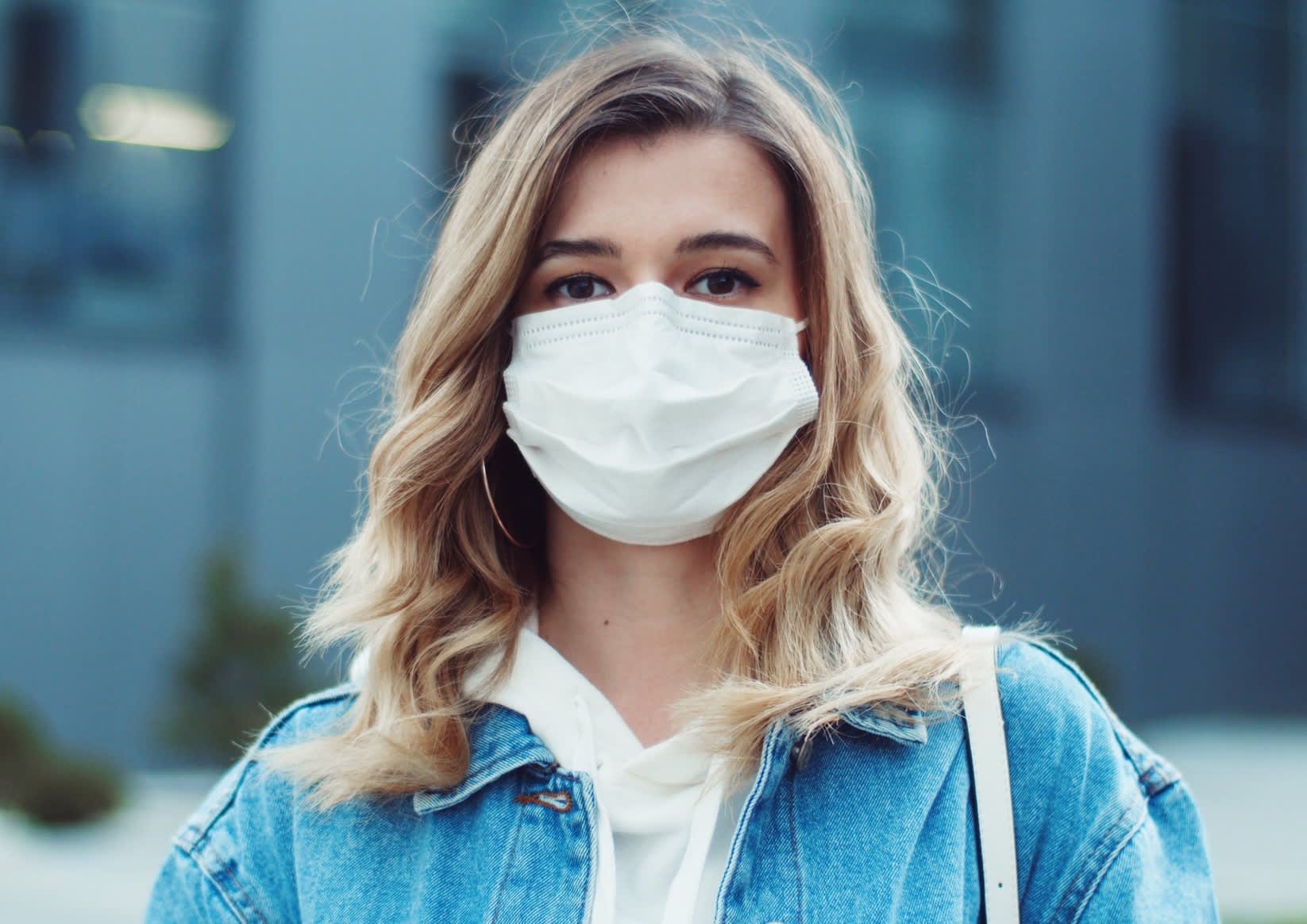
Covid-19 has been the biggest health concern of 2020, but another virus — the flu — isn’t going anywhere.
Though you can get the flu during any time of year, flu season in the U.S. happens during the fall and winter months — usually reaching its peak between December and March. Getting a flu shot this year may help cut down on the potential effects of a “twindemic,” which could happen if a Covid-19 surge and a severe flu season overlap.
With that in mind, you might be wondering if the pandemic changes any of the usual flu vaccine guidelines — and if getting a second dose will increase immunity. Below, health experts weigh in:
Should I get two flu shots this year?
The short answer is no.
Flu shot recommendations remain the same, and unless you are under nine years old and have never gotten a flu shot before, a second dose is not recommended, says Dr. Kelly Moore, associate director for immunization education at the Immunization Action Coalition.
Children ages six months through eight years who have never been vaccinated against the flu benefit from two doses the first season they get the vaccine, the U.S. Centers for Disease Control and Prevention says.
“If your immune system has never seen influenza before and you’re getting the vaccine for the first time, your immune system doesn’t quite know what to do with that,” Dr. Moore tells CNBC Make It. “It learns, but it doesn’t learn quite well enough, and it needs that second dose to really mount a protective response.”
However, past the age of eight, just one yearly dose will do.
“When you’re older and you’ve had flu vaccines before, or you’ve had influenza before, then your immune system responds quite quickly to one dose of vaccine,” Dr. Moore explains. “We don’t see a noticeable benefit from getting multiple doses of the vaccine.
Other vaccines — such as measles, chickenpox and hepatitis — require two doses, which can be confusing, Moore adds.
“People may think, ‘If one is good, two must be better,’ but in reality, that’s not how our immune system works,” she says. “And while that is the case for certain vaccines and certain viruses, it’s not the case for the influenza vaccine.”
What are the flu shot guidelines?
The flu vaccine works by presenting the immune system with a portion of the virus, allowing the body to develop an immune response so that when it encounters the real thing, it’s much better prepared to fight it off.
According to the CDC, it is recommended that everyone over the age of six months gets vaccinated against the flu every year, with very rare exception (such as those with a severe allergy to the flu vaccine or an ingredient in it).
While getting the vaccine does not guarantee that you won’t suffer the misery that is the flu, it may reduce the risk of infection by 40% to 60%, and help prevent severe illness.
When should I get my flu shot?
Though the exact timing of flu season varies year to year, infections generally start to ramp up around October. The best time to get your flu shot is in the early fall, ideally before the end of October.
“But if you miss that deadline, then get it as soon as you can afterward,” Dr. Moore says. “There’s no point at which it’s too late to get your influenza vaccine.”
Why is it especially important to get a flu shot this year?
Until a Covid-19 vaccine is approved, flu vaccinations are among the most effective ways to ensure that hospitals can weather the pandemic, according to Dr. Amesh Adalja, senior scholar at the Johns Hopkins University Center for Health Security.
The flu sends hundreds of thousands of Americans to the hospital and causes tens of thousands of deaths annually. Even during a normal season, hospitals often become inundated with patients, Dr. Adalja says.
“Both the flu and the coronavirus are going to be competing for the same emergency department beds, the same hospital beds, the same ICU beds, the same mechanical ventilators, the same personal protective equipment and even the same diagnostic test [materials],” Dr. Adalja tells CNBC Make It. “The more we can decrease the burden of influenza, the more room we’ll have to take care of Covid-19 patients.”
Dr. Anthony Fauci, director of the National Institute of Allergy and Infectious Diseases, has also insisted that people get the shot, “so that you could at least blunt the effect of one of those two potential respiratory infections.”
If we keep up all the habits we’ve learned to protect ourselves from Covid-19 — like frequently washing our hands, social distancing and wearing masks — on top of getting the flu shot, Dr. Moore adds, we can hopefully have a much milder flu season this year.
Serena McNiff is a journalist covering health and science. Her work has appeared on HealthDay, U.S. News and MedicineNet. Follow her on Twitter @SerenaMcNiff.
Don’t miss:




